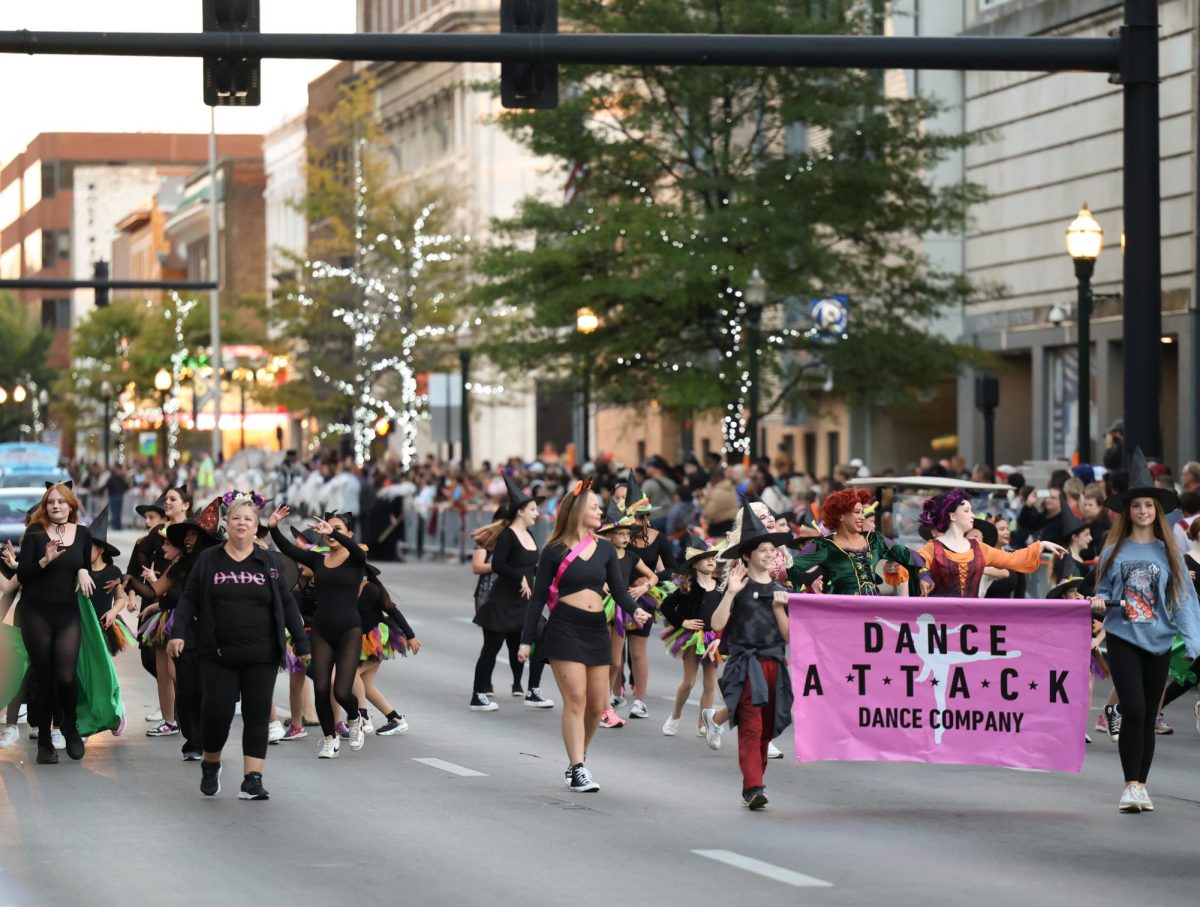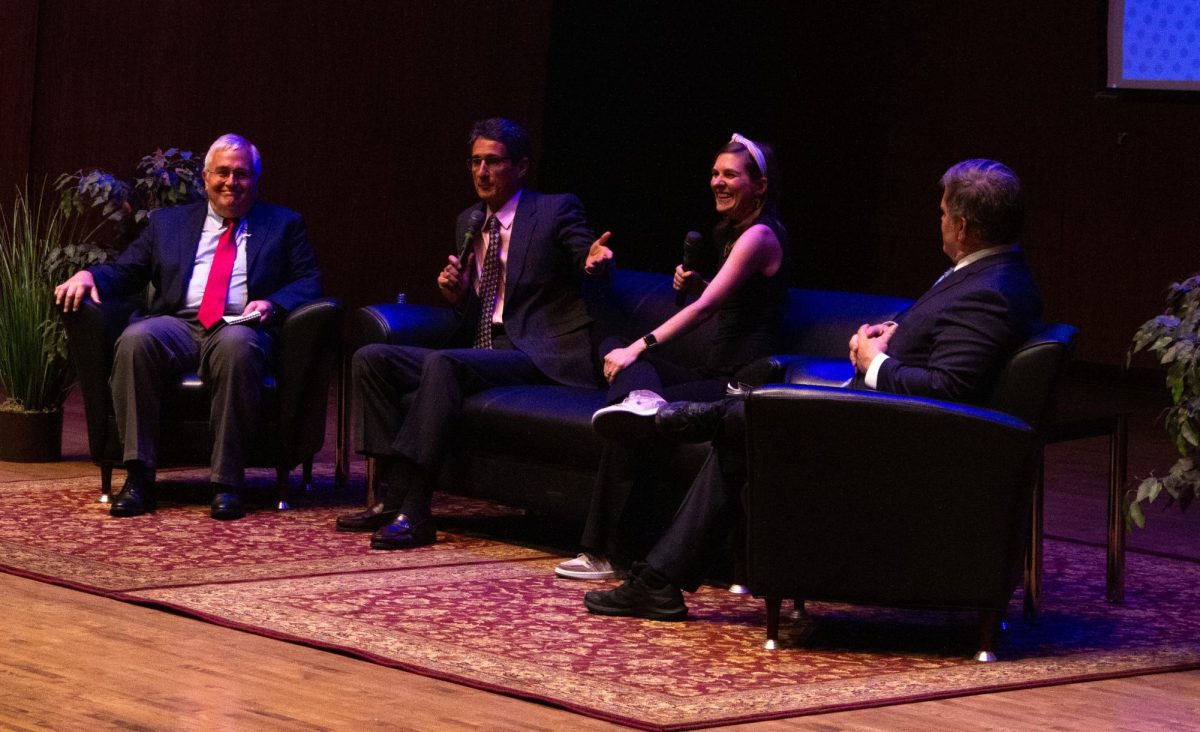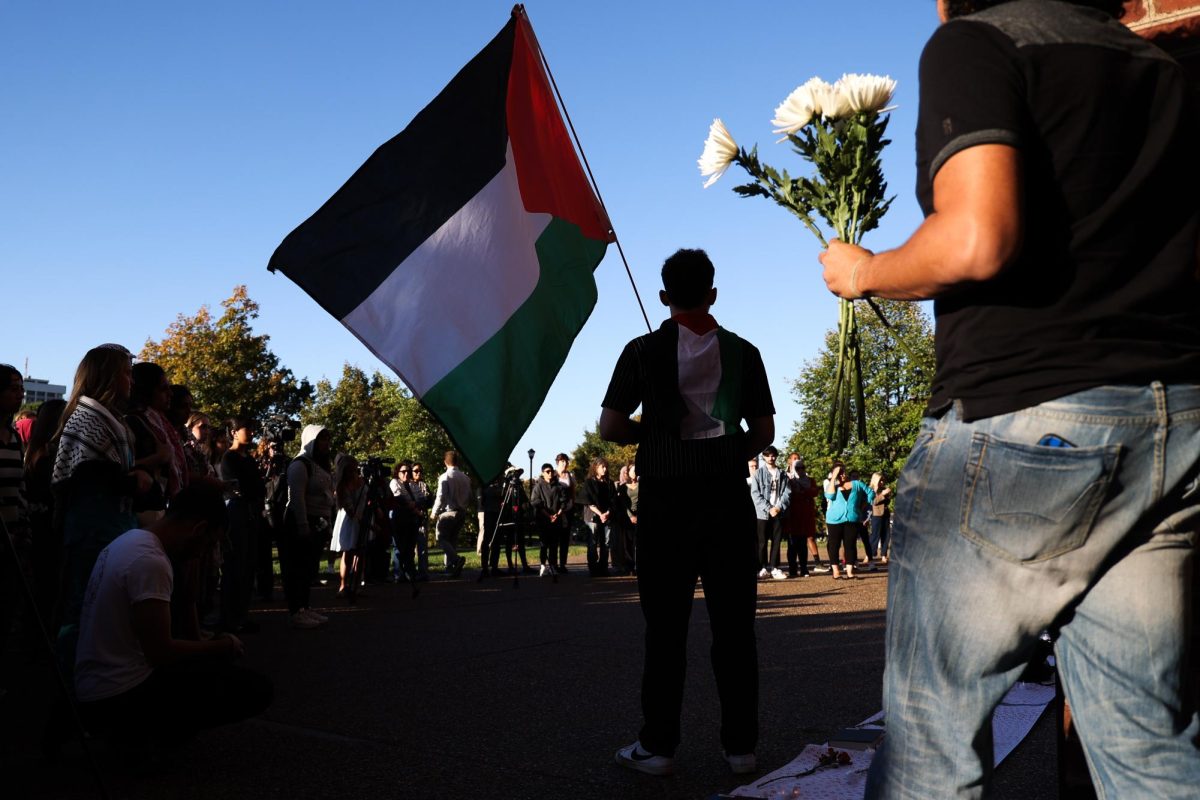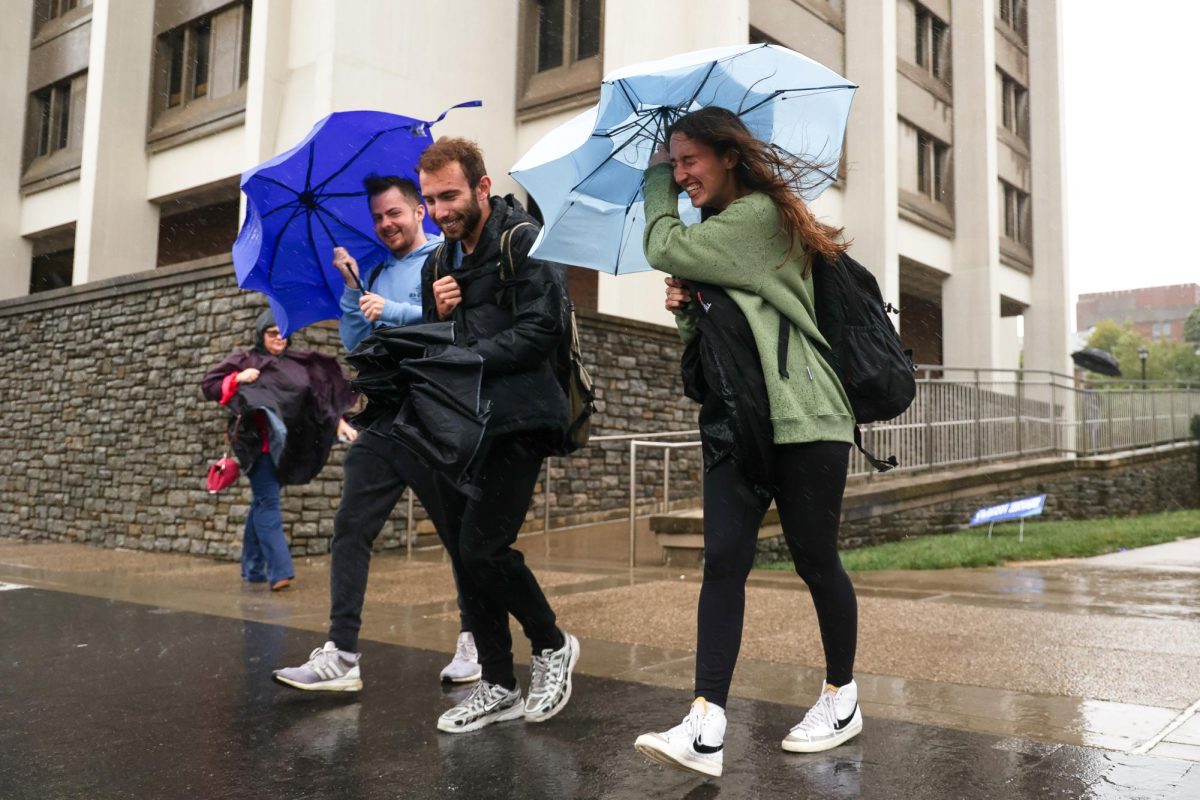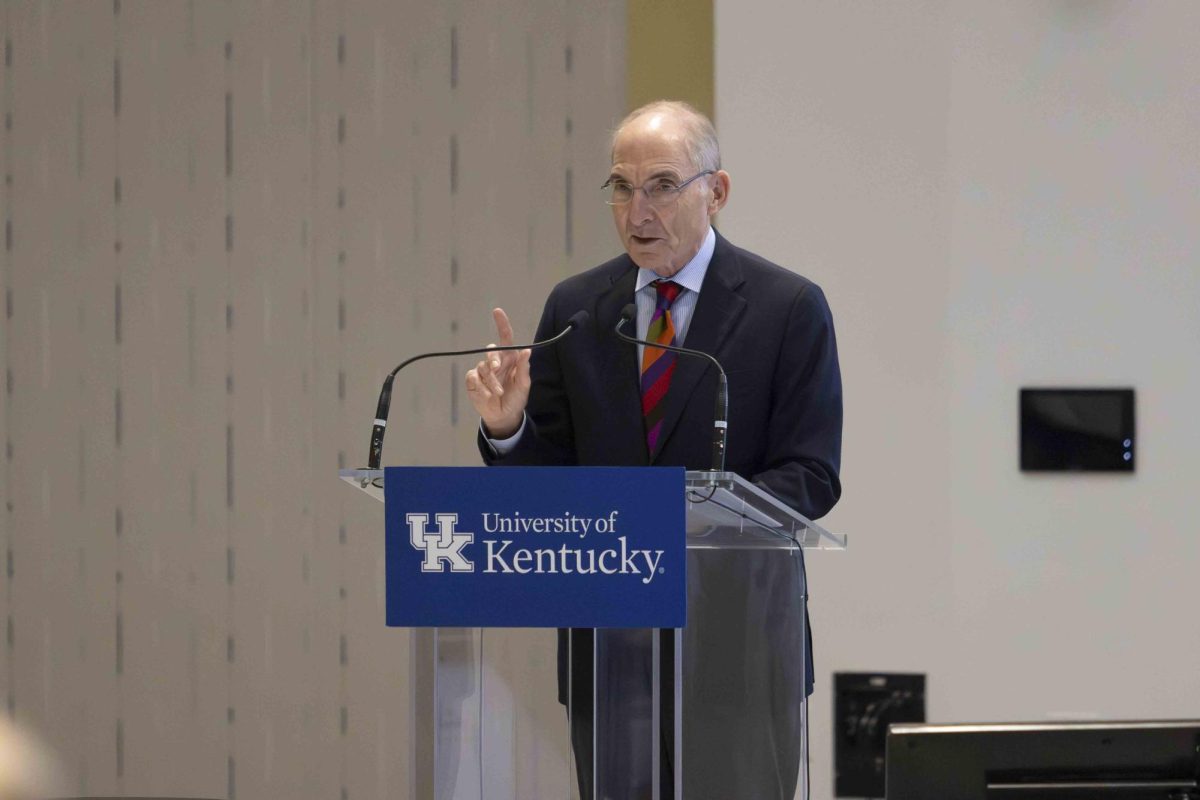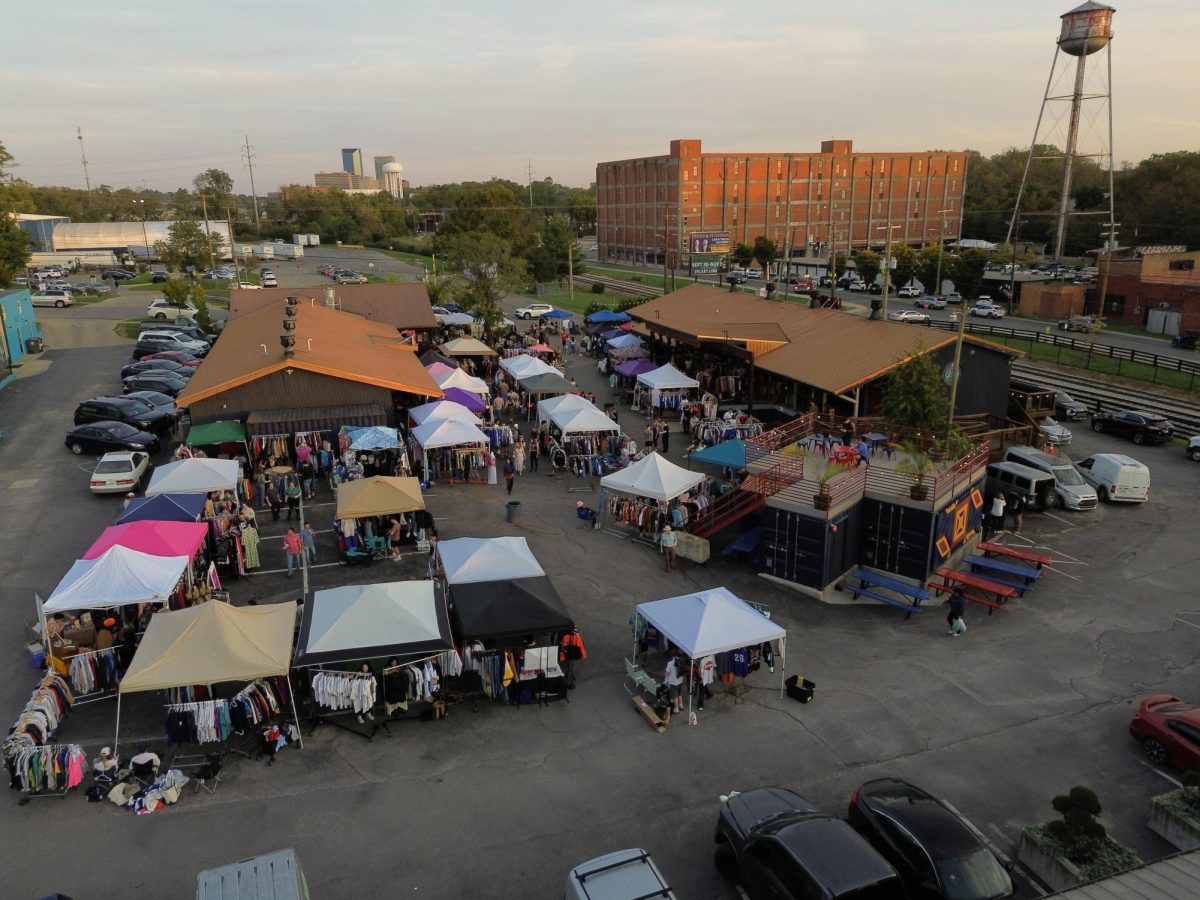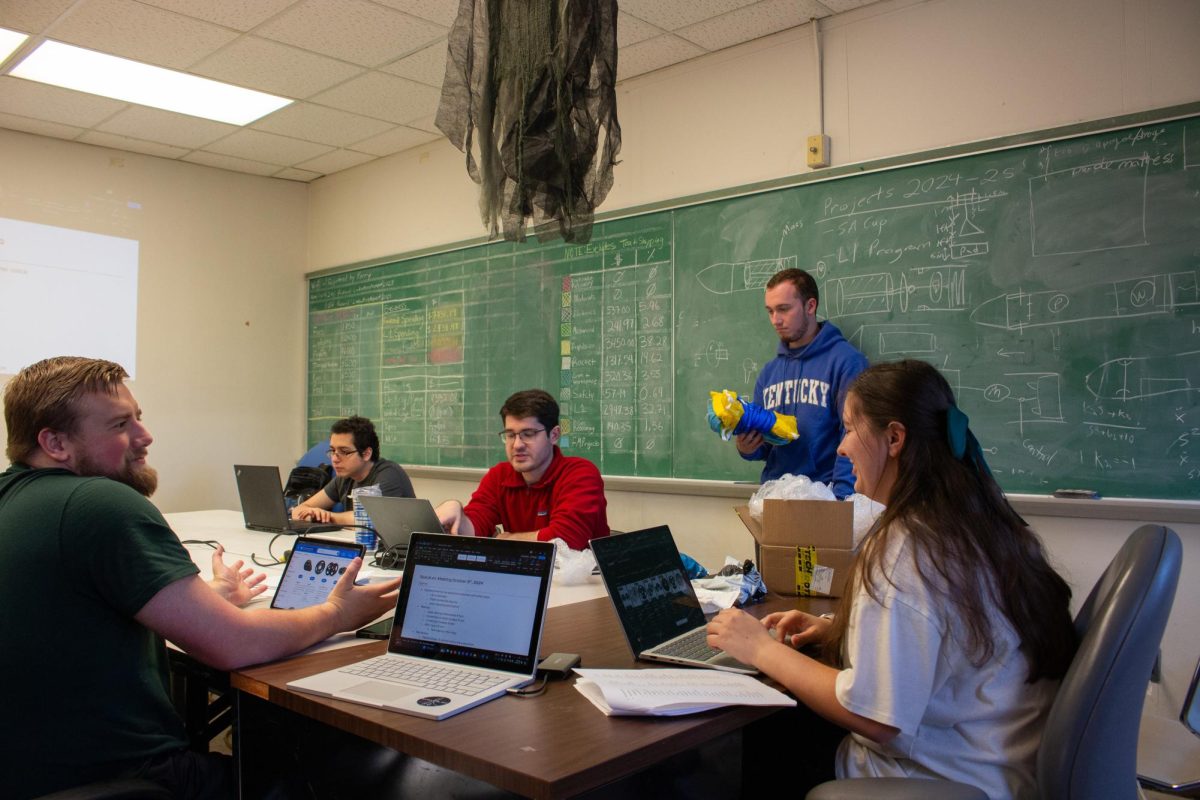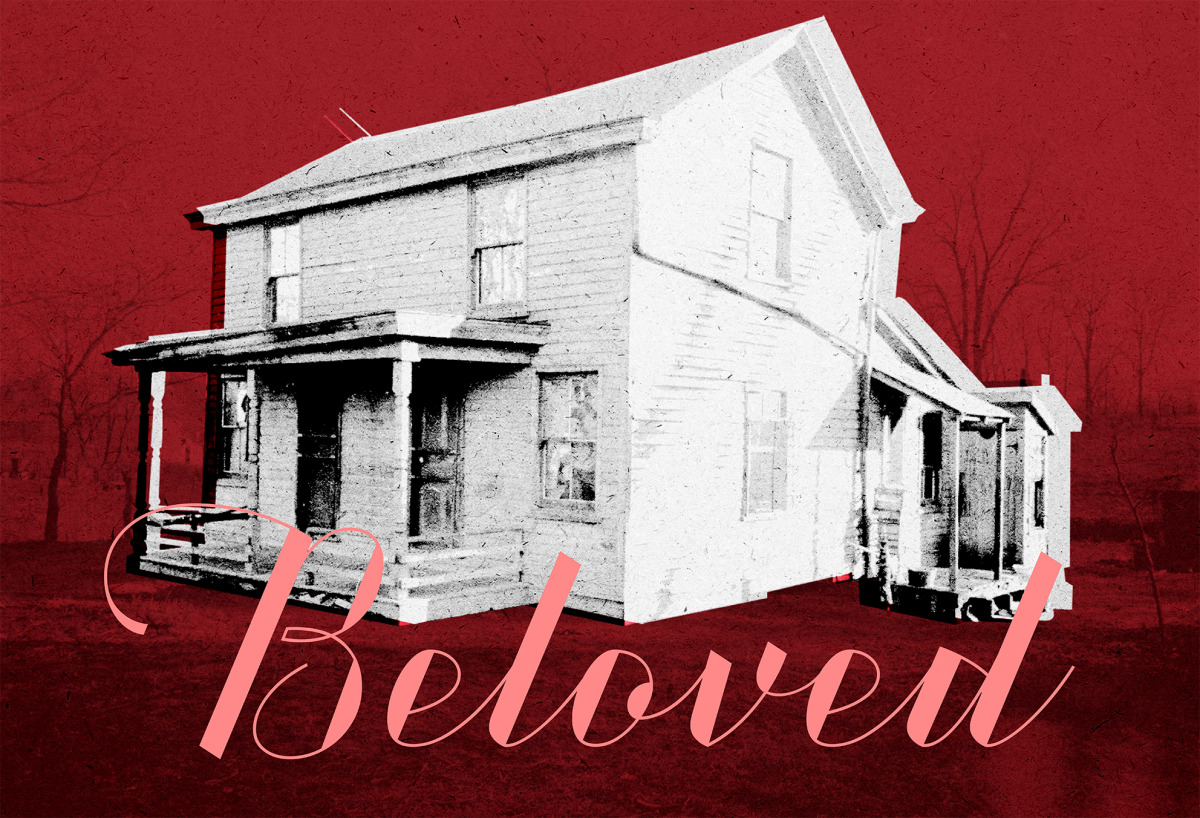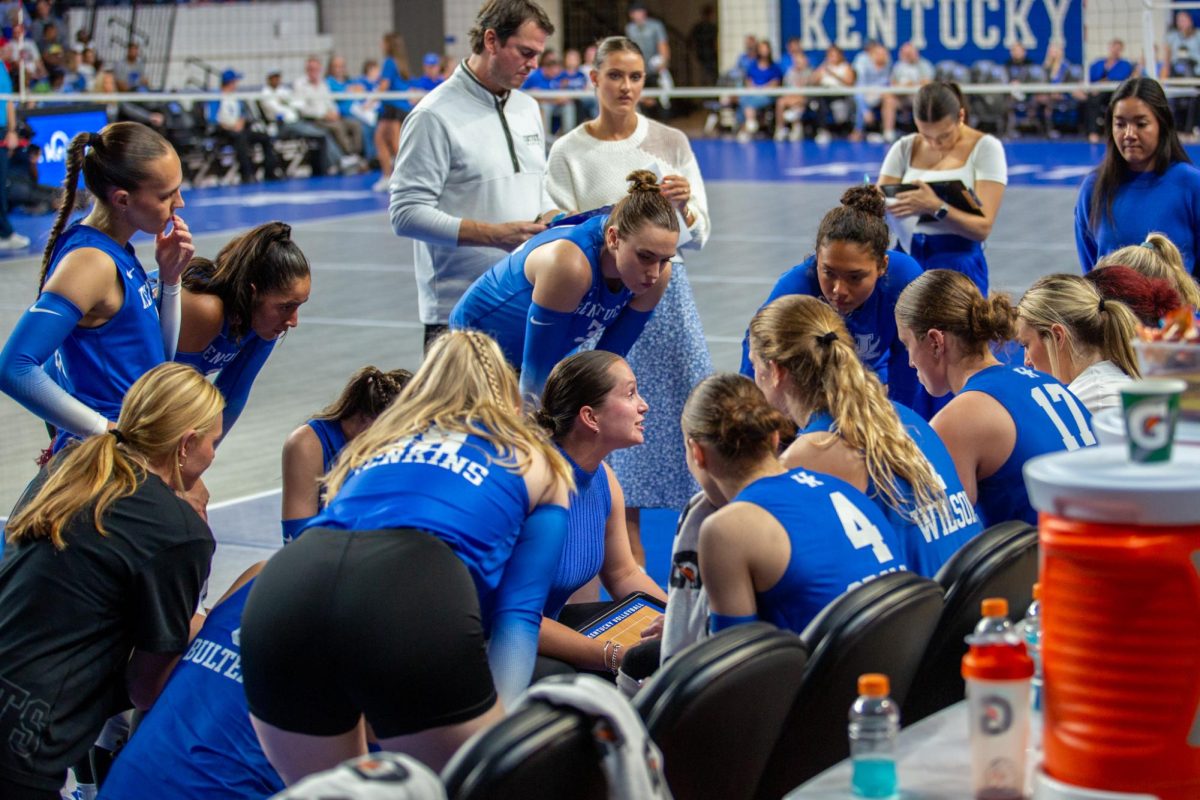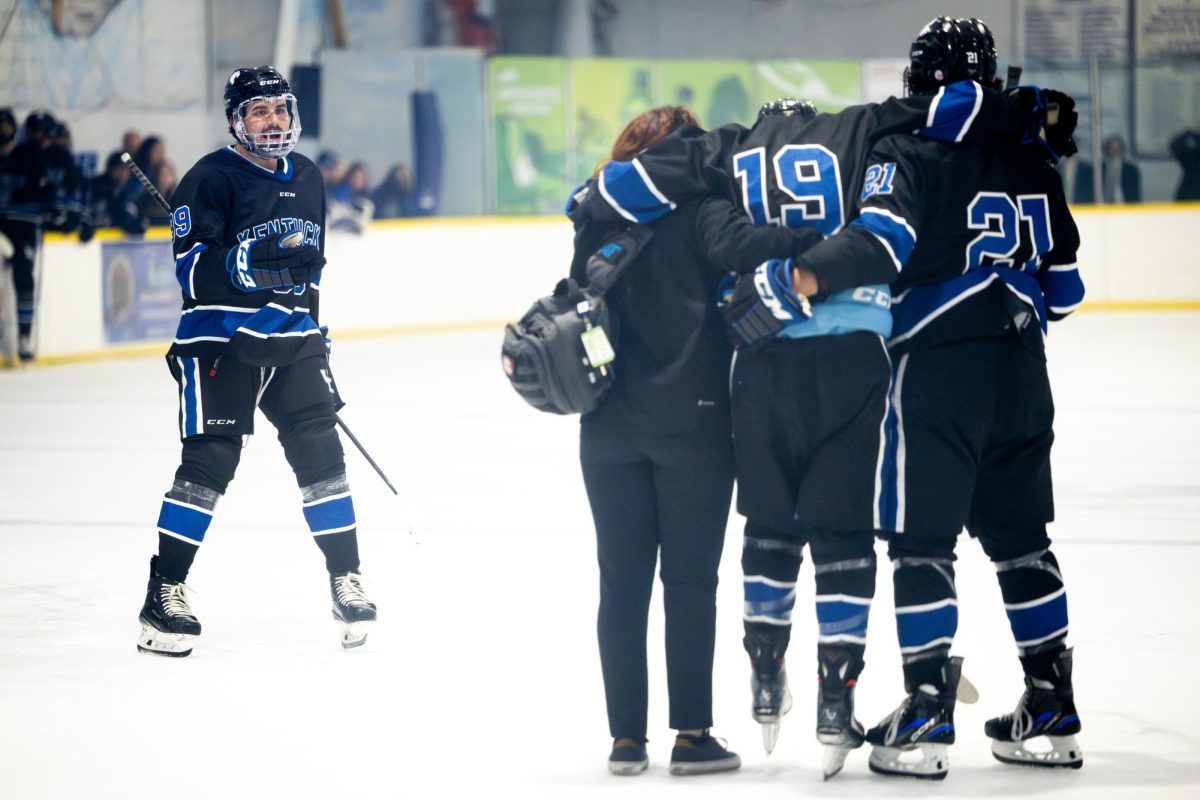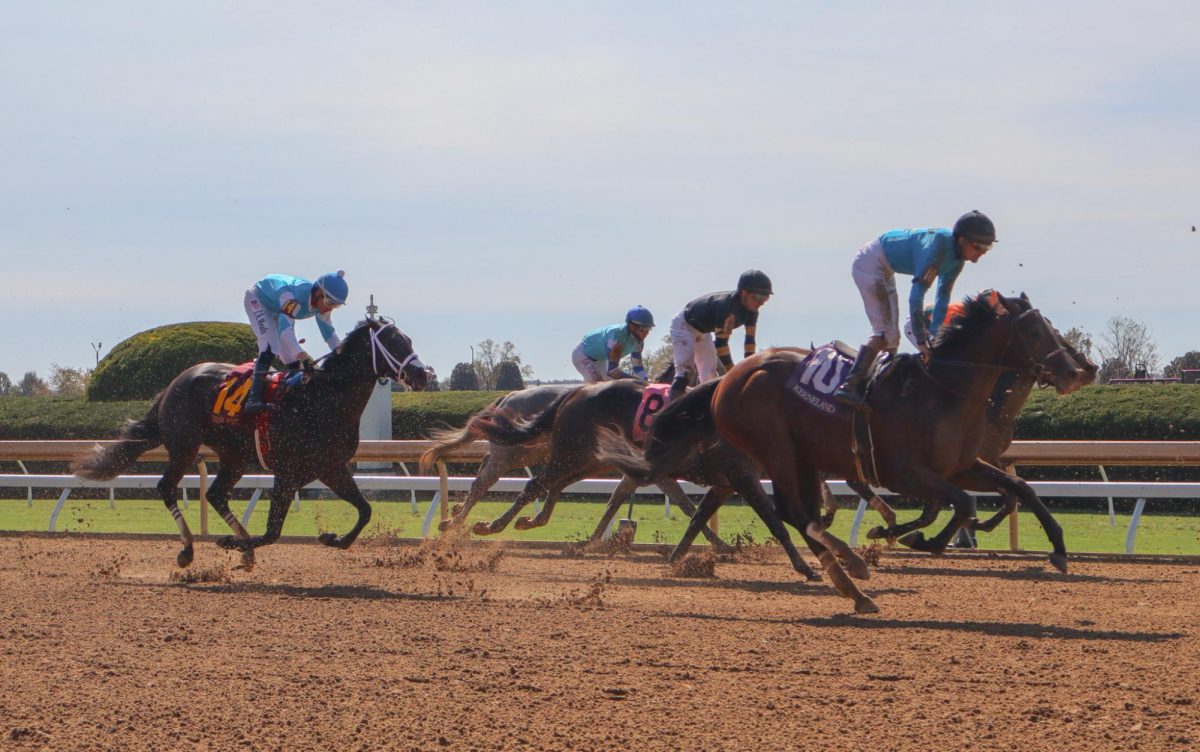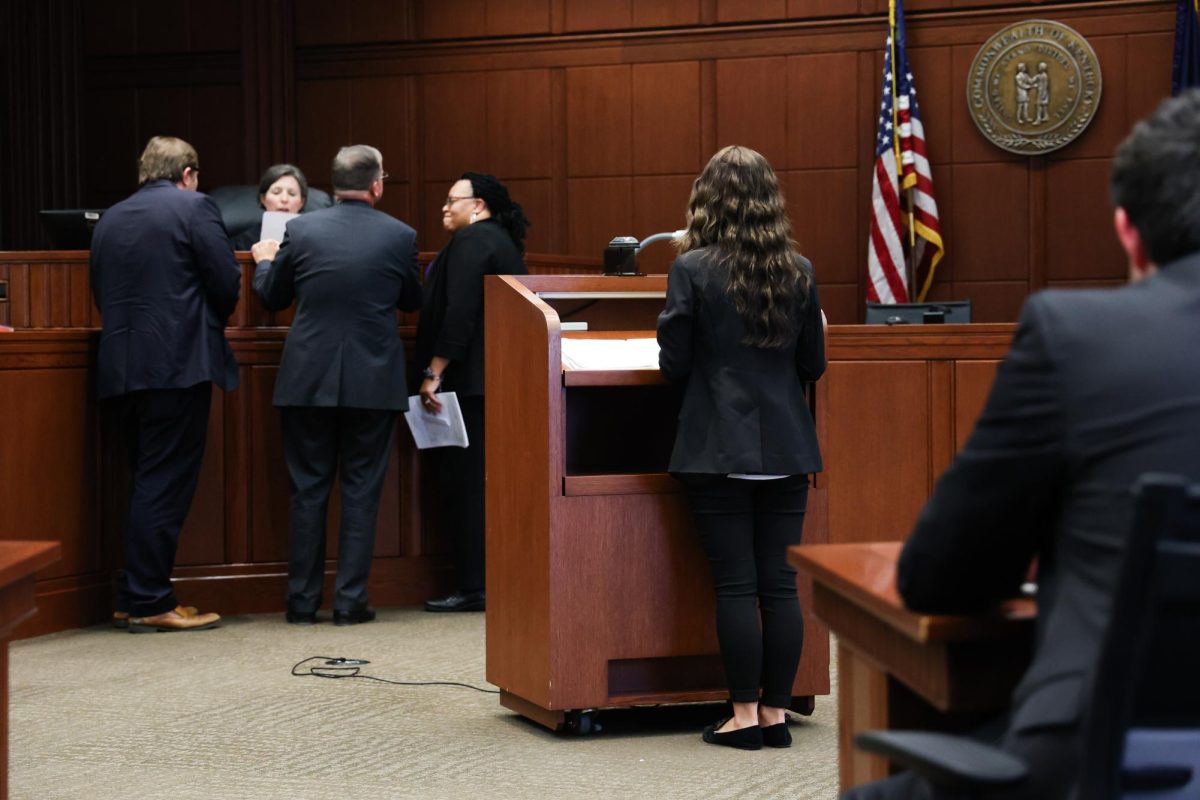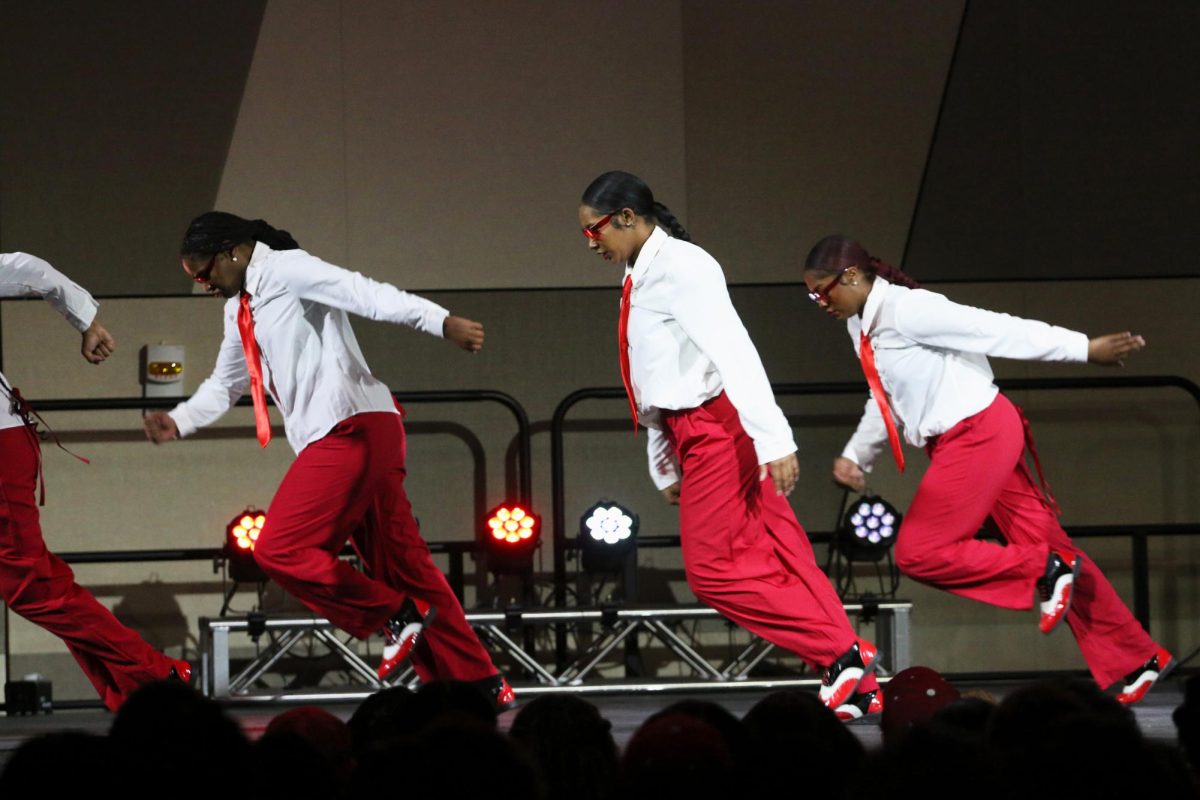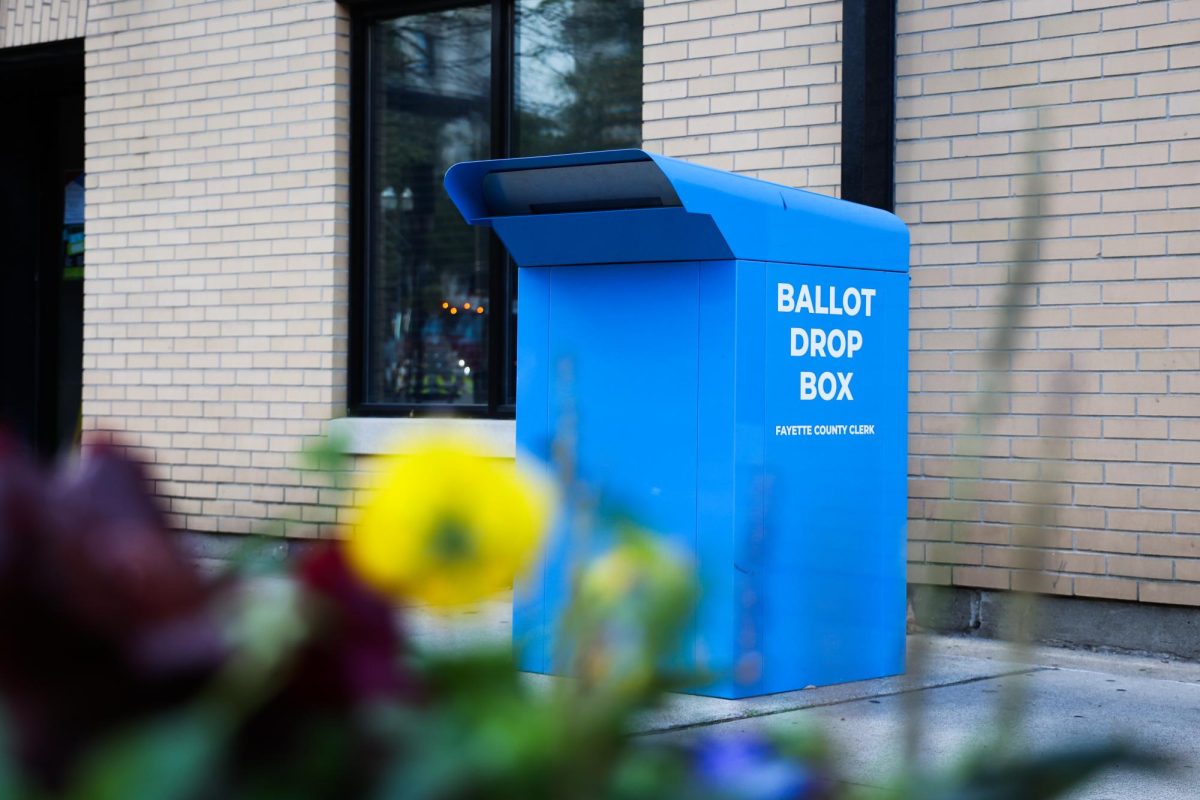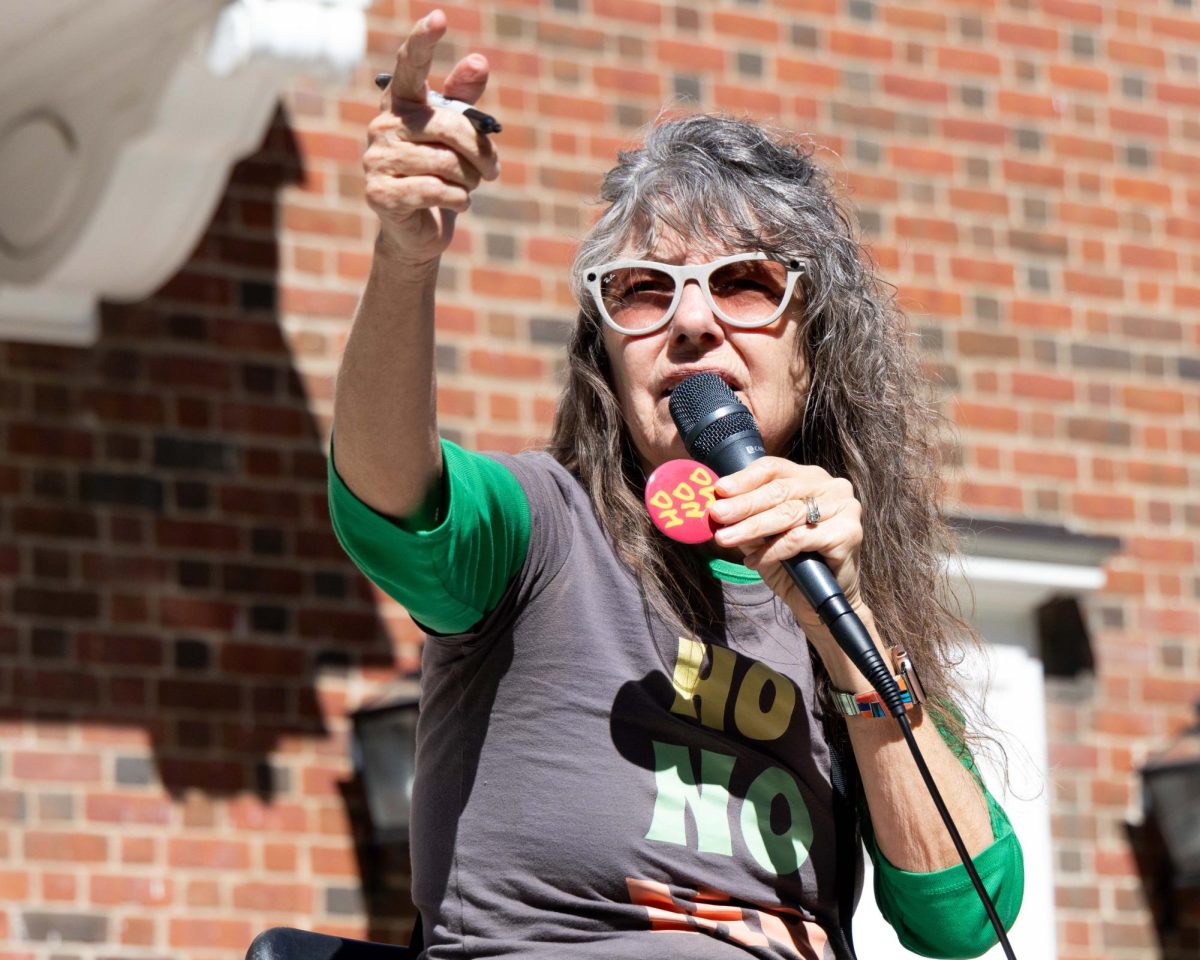Argentinian passion ‘fuels their lifestyle, identity’
October 5, 2011
I remember the first time an Argentine kissed me on the cheek — he was the security guard in my apartment building. I reached out for a handshake, and he pulled me forward for my first lesson in Buenos Aires’ etiquette.
The city sucked me in like that friendly, brisk peck on the cheek. Some experiences were shocking (or prickly) at first, but they have become fond and pathetic memories.
I like to imagine that choosing to study in Buenos Aires was a mutual decision between the city and me. Buenos Aires had what I craved in an adoptive home — immigrant diversity, incredible food, an edgy art scene, and a tireless, cosmopolitan pace — so we found each other. However, there is one reoccurring Buenos Aires theme that changed the way I approach life — passion.
Which brings me back to that kiss.
A kiss is at the core of every relationship in Buenos Aires. Before or immediately after learning someone’s name, ready or not, you feel their facial hair on your cheek. I found this shocking at first, particularly when fostering professional relationships. Even toward the end of my six-month stay, it was an awkward adjustment.
At first, my feminist ego was slightly bruised when a male colleague, teacher or fitness instructor kissed me; it felt like an unwelcome invitation. With women, however, the hola-kiss combo made friendships feel instantly age-old. In a few days, I mastered the casual kiss — partially because there was simply no way to dodge it.
In the U.S., we typically don’t pucker up with our co-workers, but I have to give the kiss some credit. Naturally, when you touch first base with a stranger, dialogue is the essential next step. Immediately following the Porteño greeting, conversations and friendships fall into place much quicker.
The awkwardness is especially amusing to observe between international students. Barriers melt instantly because of the awkward two-step, “shall we kiss or shake?” tango. The brief physical contact brings flushed cheeks and embarrassed smiles.
The kiss is endearing. I miss it. Readjusting to the handshake has been a reversed culture-shock struggle.
I am hesitant to draw conclusions about a city that I only briefly called home, but I will confidently speculate that Argentines are the most passionate people in the world. They express passion in more than relationships — passion fuels their lifestyle and national identity. Without passion, Buenos Aires would be a blank canvas.
No expression of Argentine passion is more obvious than tango, but it truly is the primary image that Buenos Aires transmits to the rest of the world. Recognized as an UNESCO Intangible Heritage of Humanity, tango is used in foreign relations as an outreach tool abroad. My tango instructor and his partner dance around the world through a program sponsored by the Argentine embassy. For many people, tango is the first image they assign to Buenos Aires.
Imagine a tango show performed for a conservative audience from a country where men and women are not permitted to make eye contact, let alone stroke legs together in a tango knot. The dance is a risky spectacle to broadcast, but since Europe’s embrace of the dance in the early 1900s, tango has been applauded in ballrooms around the world.
Buenos Aires’ passion, however, runs deeper than its mass-consumed, postcard dance. It’s as simple as the fourth meal of the day, merienda. Around 4 or 5 o’clock, friends stop for coffee and toast in a collective, city-wide sigh. Merienda is the time to cool your heels, collect your thoughts and enjoy a schmear of queso cremado on a crunchy slice of bread. For some Porteños, merienda means passing a steaming gourd of yerba mate and sipping through the same metal straw.
The streets reek of passion with couples young and old audaciously tangled together. Teenage couples in school uniforms feverishly make out on apartment steps before parting ways for their family dinners. Park benches are occupied, and candle-lit dinners are plentiful. On my flight to Buenos Aires, I sat sandwiched between two kissing couples — one in their mid 20s, the other in their late 60s.
For some Argentines, passion is futbol (soccer), grilled meat or drinking. Feverish emotion manifests itself in art flaunted in public spaces or belted out in subway stations. It’s so syrupy thick, you can feel it.
I remember wondering how my quick encounter with Argentina would affect my life in the U.S. I can now answer that question — I have changed tremendously.
For one, I still dance tango, albeit solo, while I make my morning coffee, and I have a craving for toast around 4 o’ clock.
Most important of all, I approach my relationships with unconditional fervor, through cooking, conversation or simple gestures of appreciation.
And I still struggle with a reverse “kiss or shake?” mental battle.
Unlike that kiss, there’s no need to physically pull someone in. However, if the love is there, make it known.


